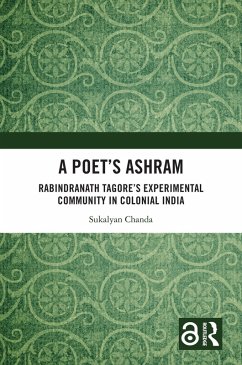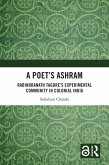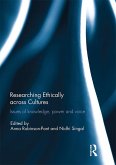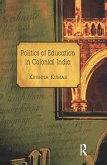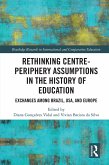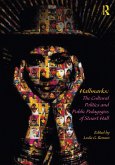The ashram community Tagore endeavoured to create in Santiniketan during the period 1901-1941 was his response to the question of modernity. Through his effort to reinvent the ancient Indian ideal of the ashram, he articulated his idea of a mode of collective living that was meant to be grounded in a set of ethical values derived from India's civilizational inheritance. This book traces the history of how his ashram school evolved into a community that practised egalitarianism, inclusiveness and creativity through its daily existence. It explores a range of nineteenth- and twentieth-century discourses and Tagore's engagement with them in order to situate that idea within its historical context, a critical juncture in the history of modern India and the world. This book's reading of his project unravels its anti-colonial underpinnings and the commonalities it shared with some of the other similar experimental communities that challenged illiberal ideologies and power relations during the early twentieth century.
Meticulously researched and perceptively written, this book will be of interest to students and researchers of history, political science, culture studies and postcolonial studies. It will also be of interest to educationists, educators and those interested in colonial modernity, modern Indian history, philosophy of education, institution building, peace, inclusivity and sustainability.
Dieser Download kann aus rechtlichen Gründen nur mit Rechnungsadresse in A, B, BG, CY, CZ, D, DK, EW, E, FIN, F, GR, HR, H, IRL, I, LT, L, LR, M, NL, PL, P, R, S, SLO, SK ausgeliefert werden.

